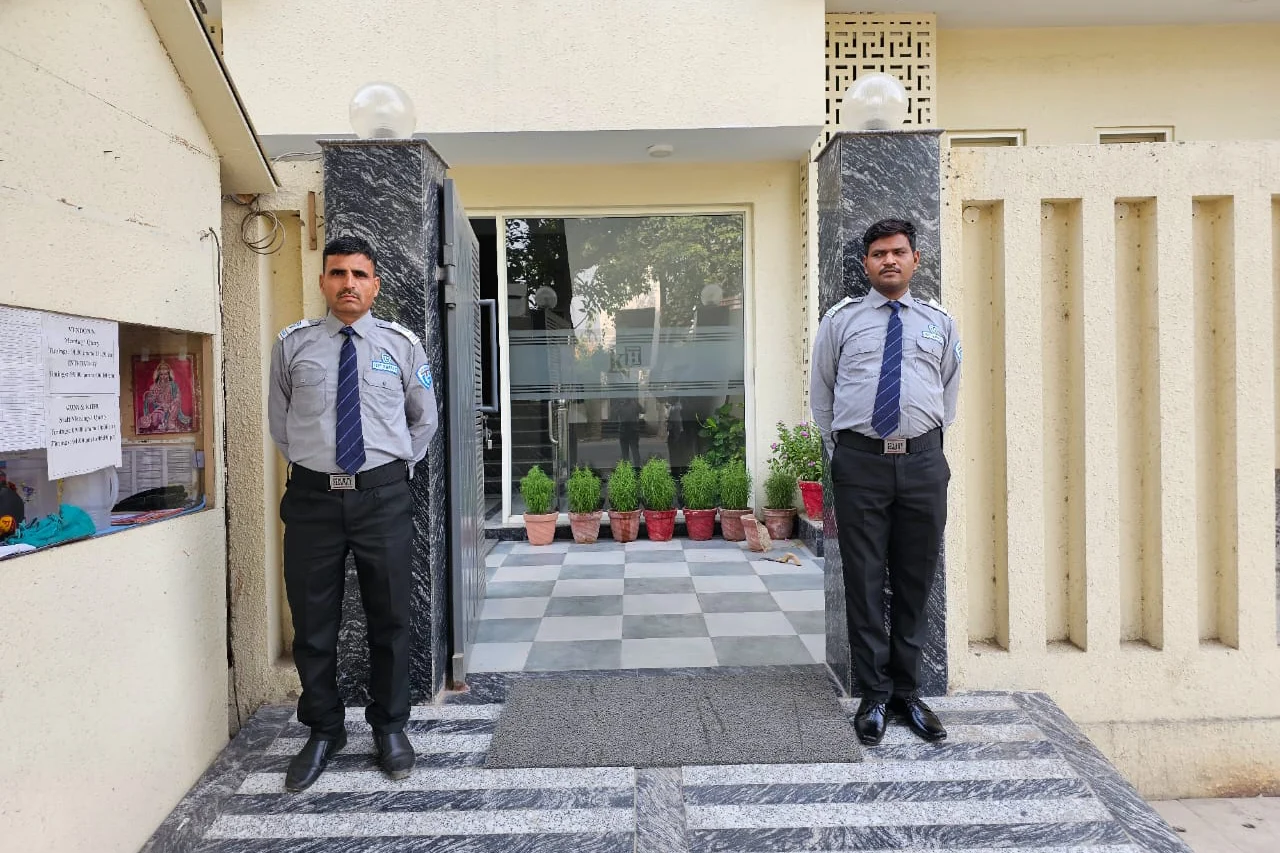Best Live Online Preparation
All Facility Services
- Top Guards Network Security
- All Facility Services

All Facility Services
Facility services encompass a broad range of essential functions that support the smooth operation and maintenance of physical environments, whether in commercial buildings, educational institutions, healthcare facilities, or other settings. Here’s a brief overview of the key components of facility services:
Building Maintenance: This includes routine upkeep, repairs, and preventive maintenance activities to ensure that buildings and infrastructure remain in optimal condition. Maintenance tasks may involve plumbing, electrical systems, HVAC (heating, ventilation, and air conditioning), and general building repairs.
Cleaning and Janitorial Services: Keeping facilities clean and hygienic is vital for promoting health, safety, and productivity. Janitorial services encompass tasks such as sweeping, mopping, vacuuming, dusting, and waste disposal, tailored to meet the specific needs of each environment.
Security Services: Protecting occupants, assets, and property from unauthorized access, theft, vandalism, and other security threats is a fundamental aspect of facility management. Security services may include surveillance monitoring, access control, security patrols, and emergency response protocols.
Space Planning and Management: Efficient utilization of space within facilities is essential for maximizing functionality and productivity. Space planning services involve designing layouts, optimizing room configurations, and managing occupancy to accommodate changing needs and evolving work environments.
Groundskeeping and Landscaping: Maintaining outdoor areas surrounding facilities contributes to curb appeal, environmental sustainability, and overall well-being. Groundskeeping services encompass landscaping, lawn care, tree maintenance, irrigation systems, and seasonal upkeep.
Utilities Management: Monitoring and managing utilities such as electricity, water, gas, and telecommunications infrastructure are critical for ensuring operational efficiency and controlling costs. Utilities management involves optimizing usage, identifying inefficiencies, and implementing energy-saving initiatives.
Waste Management and Recycling: Proper disposal of waste materials and recycling efforts are essential for environmental sustainability and regulatory compliance. Waste management services include collection, segregation, recycling, and disposal of various types of waste generated within facilities.
Facility Engineering Services: Engineering expertise is required to oversee the design, construction, and ongoing maintenance of complex building systems and infrastructure. Facility engineers provide technical support, troubleshooting, and project management for infrastructure-related initiatives.
Health and Safety Compliance: Ensuring compliance with health, safety, and environmental regulations is a top priority for facility managers. Health and safety services involve risk assessments, emergency preparedness planning, regulatory compliance audits, and employee training programs.
Tenant Services: In commercial or residential settings, providing amenities and services to tenants enhances satisfaction and retention. Tenant services may include concierge services, event planning, fitness facilities, and community engagement programs tailored to the needs of occupants.
Overall, facility services play a critical role in creating and maintaining safe, functional, and comfortable environments for occupants while preserving the long-term value and sustainability of physical assets.
Why Choose Treck?
Individual Attention
Individual Attention
Result Driven Coaching
Result Driven Coaching
Flexbile Timing
Flexbile Timing
Free Study Material
Free Study Material

Our Benefits
Get the Best IETLS Coaching from the Treck Academy of Exellence
-
-
Customized Study Plans
-
Skill Building Sessions
-
Full Lenght Mock Test



